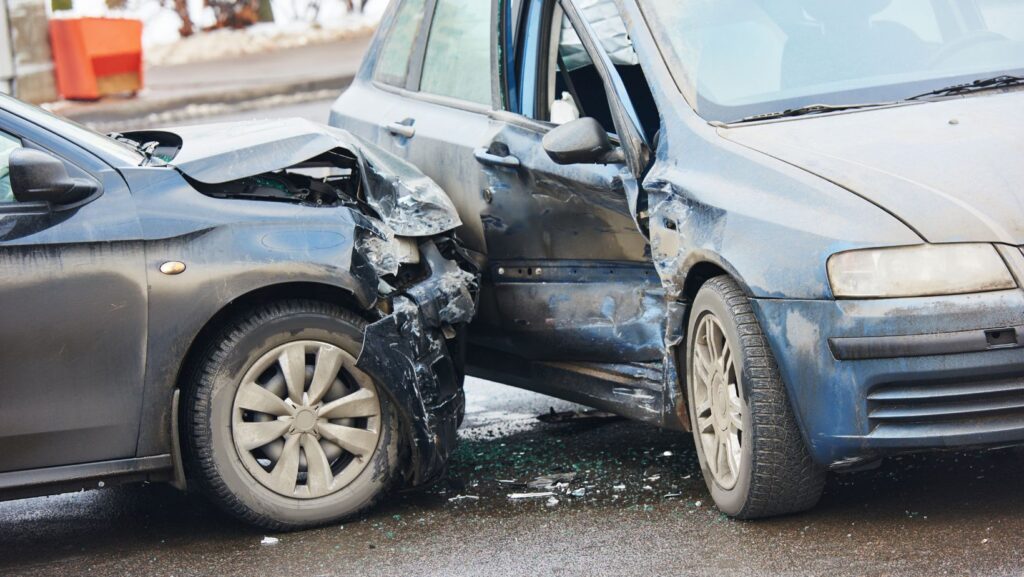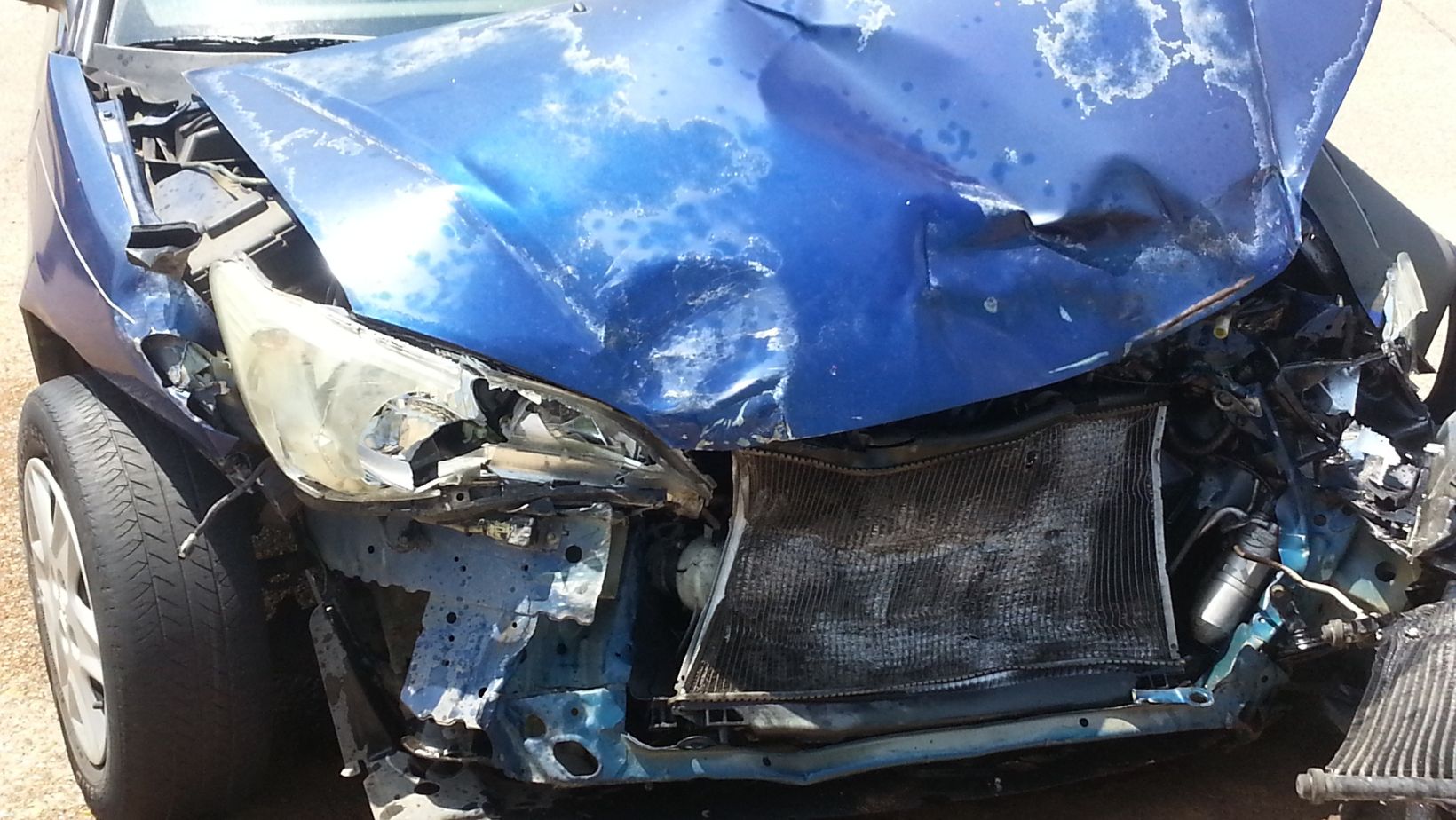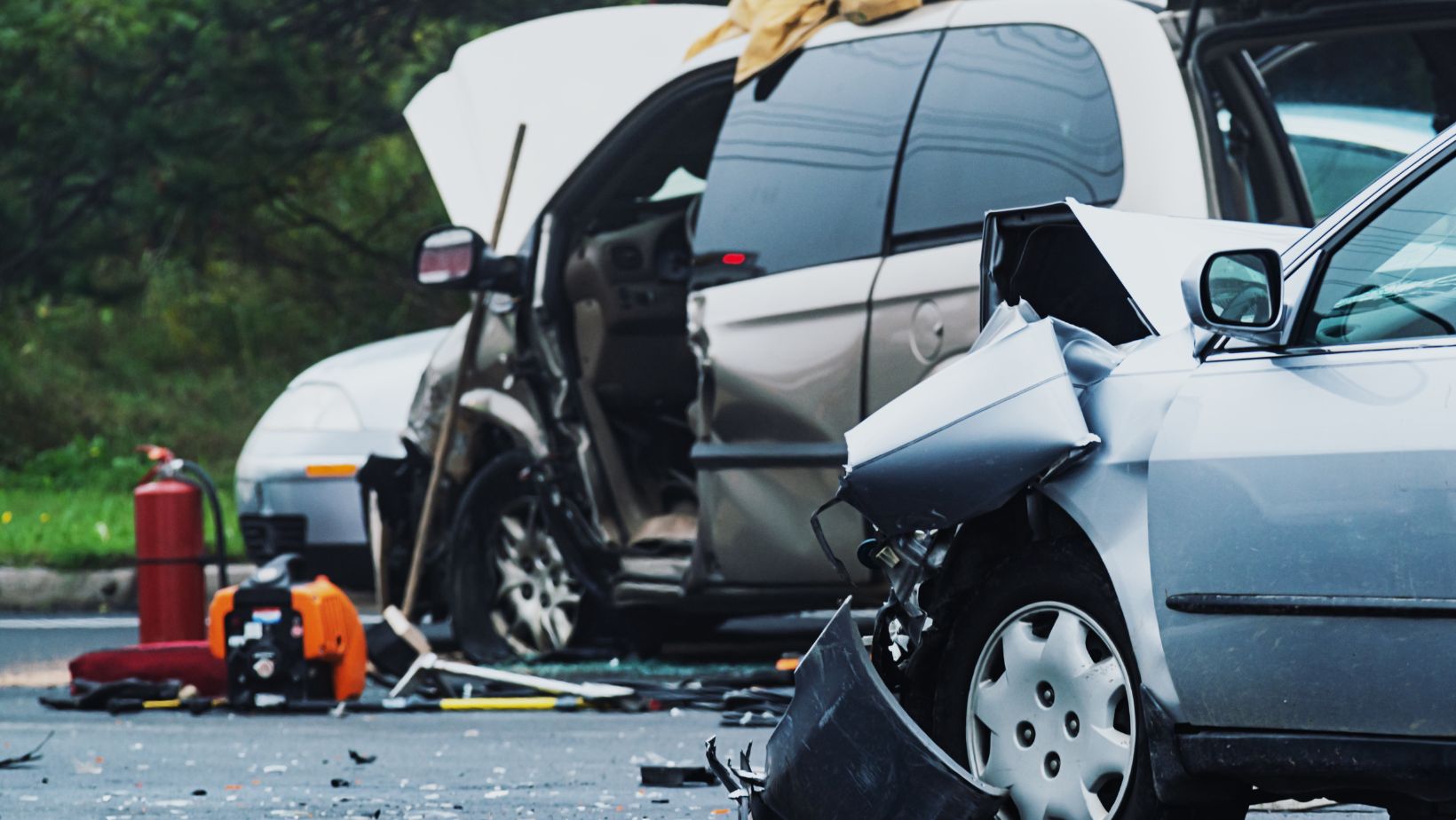For most people, sight is something they rarely think about—until it’s gone. The ability to see is woven into every aspect of daily life: reading, working, driving, recognizing faces, and navigating the world safely. But for some car accident victims, all of that can be taken away in an instant. Losing vision due to a crash isn’t just a physical injury—it’s a life-altering trauma that reshapes identity, independence, and future possibilities.
Whether caused by direct trauma to the eyes, optic nerve damage, or traumatic brain injury, the loss of vision can leave victims facing a future they never anticipated. And unlike a broken bone that heals, blindness is often permanent. The consequences stretch far beyond the hospital bed, into one’s career, relationships, mental health, and lifelong care needs. This article explores the far-reaching impact of vision loss from car accidents and what legal and personal steps victims can take toward reclaiming control.
How Car Crashes Cause Vision Loss
Vision loss in a crash can occur in several ways. In high-speed collisions, shattered glass, airbag deployment, or blunt trauma to the head or face can directly damage the eyes or cause detached retinas. Even without direct eye injury, brain trauma—particularly to the occipital lobe or optic nerves—can disrupt the brain’s ability to process visual information.
Sometimes the loss is immediate. Other times, it emerges gradually, like progressive blurring or tunnel vision in the days following a head injury. The complexity of the visual system means that even injuries far from the eyes can lead to permanent blindness, making early diagnosis and neurological assessment essential.
The Emotional Impact of Losing Sight
Perhaps no injury changes a person’s world more completely than the loss of vision. Victims often face intense emotional trauma: grief for the life they had, fear of the unknown, and anxiety about becoming dependent on others. For those who lose vision suddenly, the psychological impact can be comparable to losing a limb or surviving a catastrophic fire.
Depression, PTSD, and identity loss are common among accident survivors who become blind. Everyday tasks—making coffee, crossing the street, reading a phone—suddenly require new tools, skills, or assistance. The emotional toll of this transition can be as devastating as the injury itself, and mental health support becomes an essential part of recovery.
Career Disruption and Financial Fallout
A sudden loss of vision can derail careers in an instant, especially in professions that rely heavily on sight, such as drivers, electricians, teachers, or healthcare workers. Even jobs that seem less visual require navigation, screen use, or written communication. This loss of employability can lead to financial instability that extends for years.
In addition to lost income, victims face mounting costs: surgeries, adaptive devices, mobility training, and possibly in-home care. Many may need to move to more accessible housing or pay for transportation they can no longer handle independently. A comprehensive legal claim should reflect not just immediate costs, but lifelong financial implications.
The Challenge of Adapting to a Sightless World
Learning to live without sight requires more than courage—it requires infrastructure. Blindness demands mobility training, orientation therapy, and often the use of assistive technology like screen readers, braille devices, or guide dogs. Unfortunately, many accident victims are thrust into this world suddenly, with little preparation or support.
Public spaces, transit systems, and even home layouts can become hostile environments overnight. Adapting to a sightless world isn’t just about personal adjustment—it’s about systemic accessibility. Victims must advocate for modifications at work, school, and in the community, all while dealing with trauma and rebuilding their lives.
The Legal Case for Vision Loss Compensation
When someone loses their sight due to a crash caused by another person’s negligence—be it a distracted driver, drunk driver, or defective vehicle—they have a right to pursue significant compensation. Courts recognize the severity of vision loss and often award damages not just for economic loss, but for pain, suffering, and loss of enjoyment of life.
A strong legal case should include expert testimony from ophthalmologists, neurologists, vocational experts, and mental health professionals. The goal isn’t just to cover medical bills—it’s to provide for the long-term care, rehabilitation, and dignity the victim deserves. Given the irreversible nature of blindness, settlement negotiations must reflect the full human cost.
Vision Loss and the Strain on Relationships
When a person loses their vision, it doesn’t just affect them—it affects everyone around them. Spouses become caregivers. Children may take on new responsibilities. Friends might struggle to understand or respond to the change. As roles shift, relationships are tested—and sometimes strained to the breaking point.
Marriages may suffer under the weight of new dependencies. Social circles may dwindle due to mobility challenges or emotional withdrawal. Addressing vision loss must involve the family unit, offering counseling and community support that can help preserve relationships while navigating this new chapter of life.
Advocacy and Visibility for Crash Survivors
Many survivors of vision loss become powerful advocates, pushing for safer roads, better public awareness, and more inclusive urban design. Their stories remind the public that a car crash isn’t just about property damage—it can take sight, futures, and independence.
From campaigning for improved pedestrian safety to testifying in courtrooms, these individuals turn pain into purpose. Advocacy groups for the blind often partner with traffic safety organizations to highlight how infrastructure and legal reform can prevent similar tragedies. Visibility, in this sense, becomes both a metaphor and a mission.
Hope Through Technology and Community
Despite the enormity of vision loss, many survivors find renewed purpose and capability through technology and community. Advances like voice-activated AI, mobility apps, and wearable navigation aids have revolutionized life for the blind. Vocational training programs also help rebuild confidence and restore independence.
Equally powerful is the connection with others who’ve walked the same path. Support groups and mentorship programs can help victims rediscover their sense of identity, ambition, and belonging. The journey after losing sight is difficult, but it is not hopeless. With the right tools and support, many victims go on to live empowered and inspiring lives.
Seeing Beyond the Darkness
Losing vision in a car crash is one of the most life-altering injuries a person can endure. It changes how you move, how you work, how you connect with others, and how you see yourself. But it is also a story of survival, adaptation, and resilience. The legal system plays a key role in that story, not just by offering compensation, but by honoring the full depth of loss.
If you or someone you love has lost their sight due to another driver’s negligence, know that you have rights, and you are not alone. You deserve care, dignity, and justice—not just for what was taken, but for the life you’re determined to rebuild.
Casares Injury Law
Address: 115 Wilcox St Suite 220, Office 225, Castle Rock, CO 80104
Phone: (303) 688-7474
URL: https://casaresinjurylaw.com





